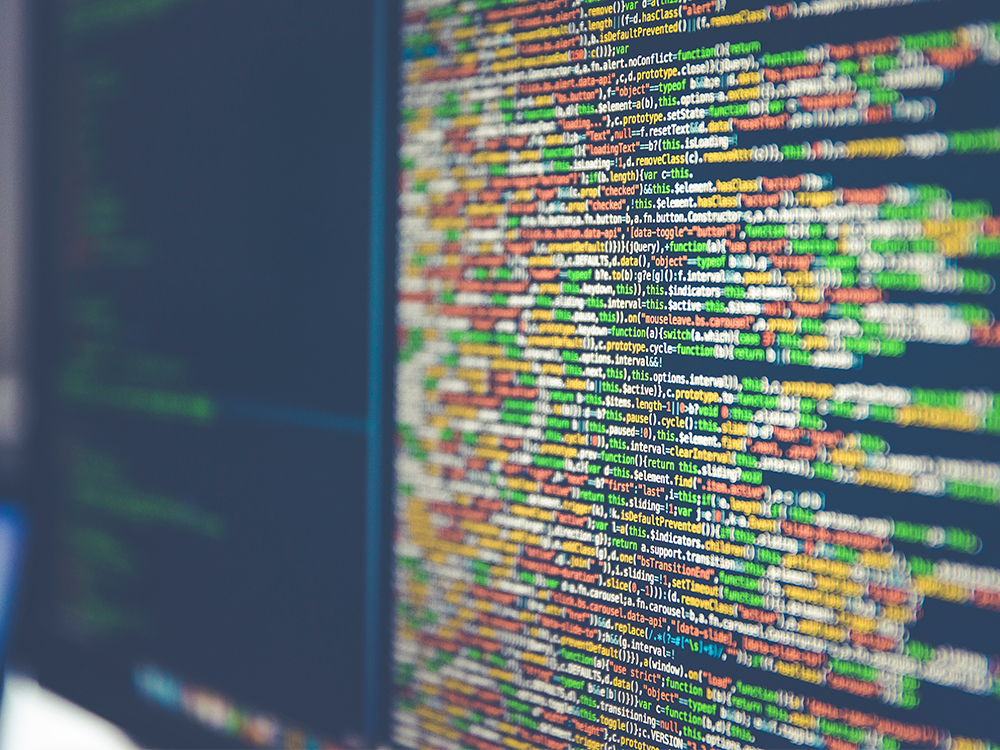Timely Topic: Russia’s Invasion of Ukraine
03.21.2022

On Feb. 24, Russia invaded Ukraine. The military incursion has had devastating impacts on the lives of people living in Ukraine and has brought to the fore issues of war-related propaganda and misinformation in the digital age, as well as global cybersecurity. UT Dallas experts offer insight into various aspects of the ongoing conflict.
Ukrainian Refugees Likely To Resettle in North Texas
Texas tends to be one of the first U.S. states where refugees arrive, and it’s likely that a large number from Ukraine will resettle in the Dallas-Fort Worth area as a result of the current conflict, said Dr. Jessi Hanson-DeFusco, assistant professor of global health policy in the School of Economic, Political and Policy Sciences at UT Dallas.
“I think the United States will definitely get a number of refugees if the crisis continues. There seems to be a lot of openness to resettlement in North Texas,” she said.
The Russian invasion of Ukraine has driven more than 3.5 million people out of the country, according to the United Nations.
Discussions about the U.S. accepting Ukrainian refugees are just beginning, Hanson-DeFusco said, and agencies that work with refugees are considering the need to be prepared. She said agencies can learn from other recent flows of refugees and asylum seekers to anticipate the needed response. For example, in North Texas, parallels can be drawn from the experiences of refugees from Afghanistan and Syria who recently resettled in the region.
Hanson-DeFusco teaches a class on human rights and health policy in which students are researching the modern war refugee resettlements, including those of Afghanistan and now Ukraine, with a focus on the mental and physical health needs of immigrants. She said refugees will likely face mental health challenges due to the stress of resettlement and will need services and support.
–Jessica Good
Note to journalists: Dr. Jessi Hanson-DeFusco is available for news media interviews. Contact Jessica Good, 972-883-4319, jessica.good@utdallas.edu.

Ukraine, Misinformation and Cyberwar
It can be tricky to distinguish accurate information from deliberately misleading information presented online about the Russian invasion of Ukraine, a UT Dallas expert said.
“It’s very hard to identify Russian disinformation trolls because they are trained to mimic regular social media users,” said Dr. Anton Sobolev, assistant professor of political economy and cyber policy in the School of Economic, Political and Policy Sciences.
Sobolev is an expert on troll farms, or organized groups of internet users that conduct disinformation propaganda activities in an effort to affect political opinions and interfere in decision-making.
The Russian government has deployed a sophisticated network of bots and trolls to promote disinformation, Sobolev said. For example, trolls promote dozens of scam websites that ask for money and claim it will support the civilian population of Ukraine and its refugees. The links are shared through social media and messaging apps, such as Facebook and WhatsApp.
Although social media sites claim to be cracking down on misinformation, Sobolev said it’s hard to tell if the overall amount of false information is declining. Consumers should rely on information from known groups and think tanks that have a solid reputation.
Several tools exist to help social media users check for accuracy, such as web applications that help identify deepfake videos (videos that have been manipulated to create seemingly realistic, but fabricated, images and sounds), as well as image-based searches that identify the earliest version of a photo.
–Jessica Good
Note to journalists: Dr. Anton Sobolev is available for news media interviews. Contact Jessica Good, 972-883-4319, jessica.good@utdallas.edu.

Preparing for Cyberattacks in Wake of Ukraine Invasion
Since the invasion of Ukraine, Americans and U.S. businesses have been warned to be on high alert for Russian cyberattacks.
Dr. Murat Kantarcioglu, Ashbel Smith Professor of computer science in the Erik Jonsson School of Engineering and Computer Science, said he advises providers of critical infrastructure, microchips and financial services to increase their defenses and recheck their networks to make sure that cybercriminals have not already entered their systems.
U.S. banks are preparing for retaliatory cyberattacks after Western nations imposed economic sanctions on Russia for invading Ukraine.
“There is a need to double down on cybersecurity efforts as wars increasingly will be fought through digital attacks rather than on the ground,” Kantarcioglu said.
Although cyberattacks are less likely to be directed at the consumer level, they could be directed at infrastructure, such as the power grid or internet providers. Kantarcioglu said individuals can implement the following “cyber hygiene” practices for increased security:
- Use two-factor authentication whenever possible.
- Change the default password on your router and smart devices – for example, on a smart refrigerator or thermostat – which can be an entry point to attack any device connected to the internet.
- Keep all devices updated with the current software and security updates.
- Store sensitive data such as tax documents on an external drive that is not connected to the internet.
- Don’t click any link you don’t trust in emails or text messages.
–Kim Horner
Note to journalists: Dr. Murat Kantarcioglu is available for news media interviews. Contact Kim Horner, 972-883-4463, kim.horner@utdallas.edu.
Tags: Dr. Anton Sobolev, Dr. Jessi Hanson-DeFusco, Dr. Murat Kantarcioglu, ECS, EPPS, Timely Topic